- How to help someone in an abusive relationship
- What are we talking about when we talk about abuse?
- How do I know if it is abuse or just a bad relationship?
- What can I do to support someone experiencing abuse?
- How do I talk to someone about their abusive behavior?
- Supporting teens to have healthy relationships
- More resources for helping
- Taking care of yourself
- Thank you for making a difference!
- Download a printable copy of the Friends & Family Guide
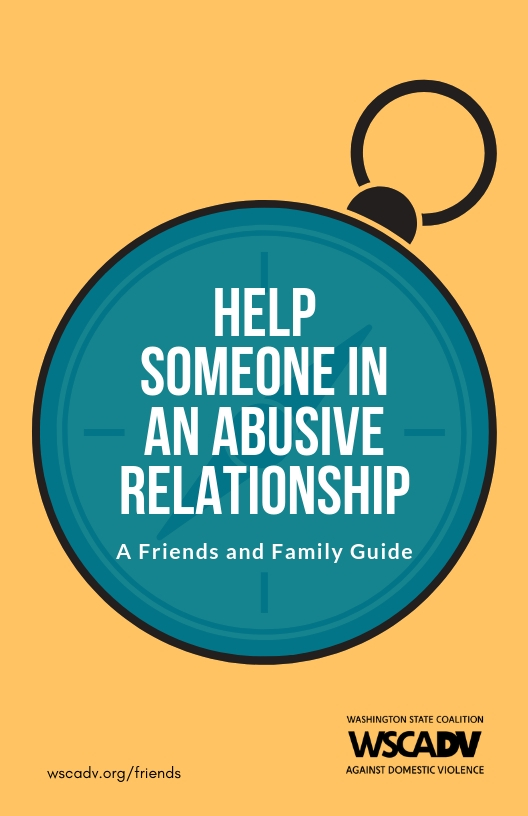
How to help someone in an abusive relationship
Everyone deserves a healthy relationship.
Do you know someone who is being hurt? Or someone who is causing harm? Are you worried about what might be happening in a loved one’s relationship? You are not alone—we are here to help!
This guide will help you support someone who is struggling in their relationship—and to take care of yourself while you’re doing it. People are more likely to turn to their community (friends, family, YOU) than they are to professionals.
Survivors tell us that what matters most is having someone in their life who is there for them, without judgment, to bounce ideas off, get support, and lean on when things are tough. You can be that person. These tips and tools will help you get started.
What are we talking about when we talk about abuse?
Abuse is a pattern of behavior that one person uses to gain power and control over the other.
These behaviors can include:
- isolation
- emotional abuse
- monitoring
- controlling the finances
- physical and sexual assault
The fundamental harm of abuse is a loss of autonomy. Autonomy means independence and freedom from external control. Everyone should be free to make their own choices in relationships. As friends and family who want to help, we can restore those choices that have been restricted or taken away by abuse.
How do I know if it is abuse or just a bad relationship?
In some ways, it doesn’t matter if it’s abuse or not—if someone is being hurt or controlled, they deserve better. We want everyone to be in a healthy relationship, and people may need support to get there. The strategies in this guide can help in either case.
But it is helpful to know if it is abusive for a couple of reasons:
- You might need some help to support the person from a local domestic violence or sexual assault program.
- You will need different strategies to address safety concerns.
People who are abusive to their partners believe that:
- they have a right to control their partner,
- their bad behavior is justified, and
- their partner is to blame for all the problems in the relationship.
They also tend to manipulate others to further their control by:
- Confusing people by saying that they are the victim. This makes it harder for their partner to get support and be believed.
- Using systems to limit their partner’s options. For example, calling the police to get their partner arrested or getting CPS involved to question and undermine their partner’s parenting. This entangles survivors in those systems and ensures they cannot access them for help in the future.
We know this is complicated. You can talk with an advocate anytime (you don’t have to be in crisis) to sort out how to help someone who is in an abusive relationship. You can call, chat, or text the National Domestic Violence Hotline at 1-800-799-7233 or reach out to your local domestic violence or sexual assault program to get support.
What can I do to support someone experiencing abuse?
These three strategies show your willingness to show up and support someone. You don’t need to be an expert or have all the answers. Just being there and available is what people have told us helps most.

Ask a Question
Listen Up
Stay Connected
How do I talk to someone about their abusive behavior?
No one wants to imagine that someone they care about is hurting another person. But we know these behaviors are incredibly common and that people who cause harm can be the same people we love and care about. If we are going to end domestic and sexual violence, we must figure out how to talk to these folks, too. We can help with these tips for what to say to someone who is harming their partner.
Supporting teens to have healthy relationships
Conversations with the young people in your life about relationships is always a good idea. Talking to your teenager about how their relationship makes them feel can be a window into seeing if things are healthy or unhealthy. We have lots of resources to help you get that conversation started. Check them out!
More resources for helping
Help a Friend – LoveIsRespect.org
Help a Friend or Family Member – National Domestic Violence Hotline
Mapping Worksheet – Bay Area Transformative Justice Collective
We Believe You, a coloring book for survivors and supporters – Ryerson University
How to Help a Friend Who May Be in an Abusive Relationship – OneLove
It Takes a Village People – The NW Network of Bi, Trans, Lesbian and Gay Survivors of Abuse
Taking care of yourself
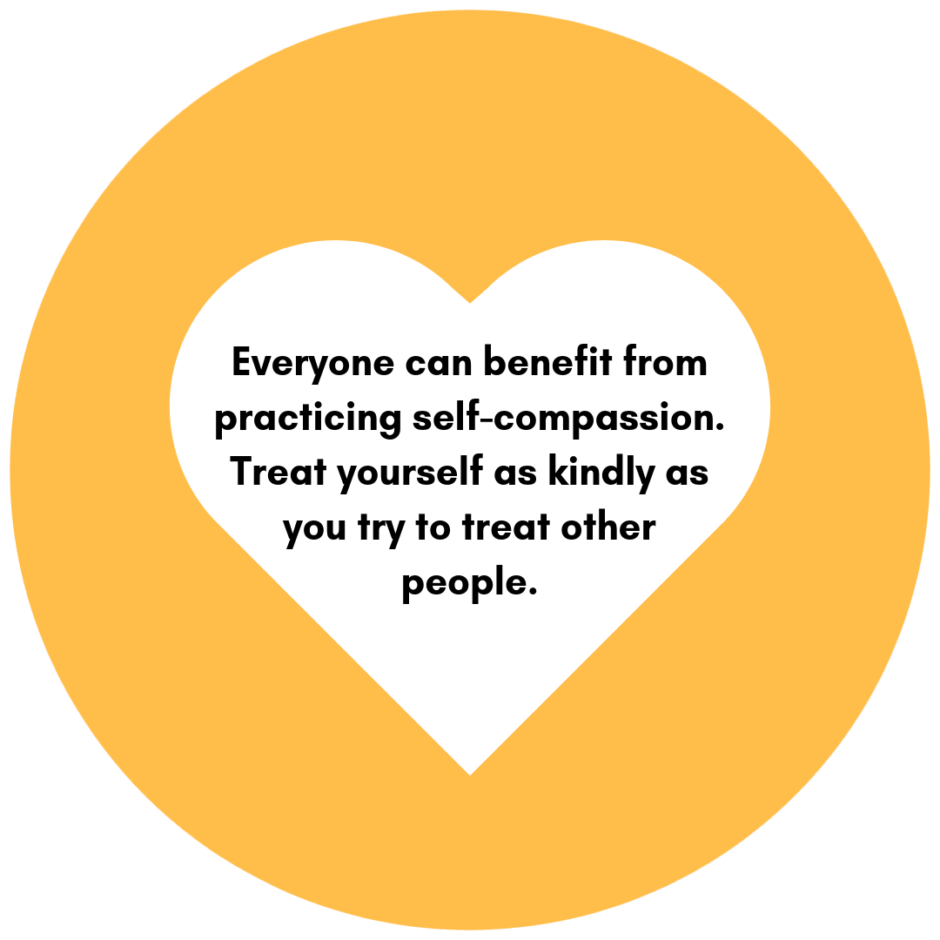
Helping other people with their relationships shouldn’t take over your life. You need people to support your well-being too. You can call your local domestic violence program—they can answer any questions you might have and be a sounding board if you’re feeling challenged.
You also don’t need to be a victim to get support from the National Domestic Violence Hotline, 24 hours a day, 7 days a week. And remember: just letting someone know that you’ll be there if and when they want to talk is a huge thing.
If you’re feeling overwhelmed or anxious, try this 5-4-3-2-1 grounding exercise: Find five things you can see, four things you can feel, three things you can smell, two things you can hear, and one thing you can taste. Connecting to your senses can help settle your mind.
Everyone can benefit from practicing self-compassion. Treat yourself as kindly as you try to treat other people.
Thank you for making a difference!
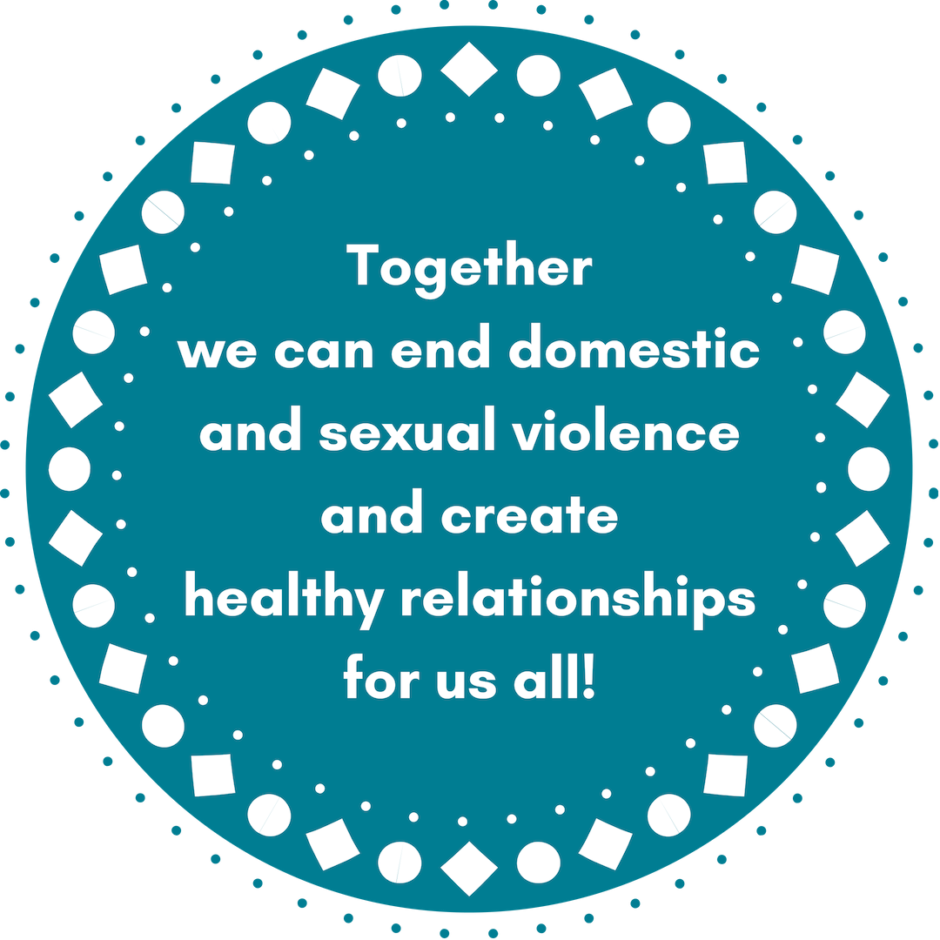
You can do it! Everyone has a role to play in ending domestic and sexual violence and the good news is that you don’t have to be an expert to help. It doesn’t take much to make an impact. Your continued presence, connection, and support are what people need to get safer and thrive.
Know that you are appreciated and that there is help available for you if and when you need it. You’ve got what you need: ask a question, listen up, and stay connected.
Together we can end domestic and sexual violence and create healthy relationships for us all!